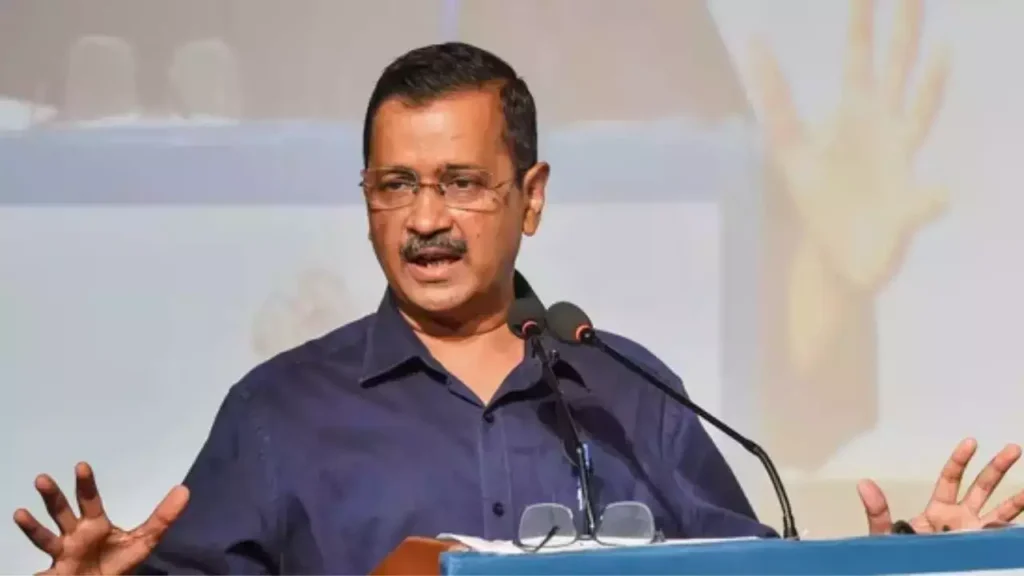Newsmatro

The Supreme Court recently questioned Delhi Chief Minister Arvind Kejriwal regarding his absence of a bail application challenging his arrest in the excise policy case.
Kejriwal was arrested by the Enforcement Directorate (ED) last month in connection with a money laundering case linked to the now-repealed Delhi liquor policy.
During the hearing before a bench comprising Justices Sanjiv Khanna and Dipankar Datta, senior advocate Abhishek Manu Singhvi, representing Kejriwal, revealed that no bail plea had been filed before the trial court.
Singhvi clarified that instead of filing a bail application, a writ petition challenging the arrest had been submitted.
Kejriwal has been in judicial custody at Tihar Jail since April 1 and is scheduled to remain there until May 7.
Singhvi argued that there was a lack of evidence connecting Kejriwal to the alleged crime and criticized the timing of his arrest, coinciding with the Lok Sabha election cycle and the implementation of the Model Code of Conduct.
The defense counsel highlighted that the statements of co-accused, who later turned approvers, were the basis of Kejriwal’s arrest.
Singhvi emphasized that these statements were belated and contradictory and were made under the inducement of bail and exoneration from the case.
He further questioned the legality of the arrest, particularly considering that the approvers had not directly interacted with Kejriwal.
Singhvi’s arguments prompted the bench to question the failure to file a bail plea earlier. Singhvi admitted to this oversight, attributing it to a legal mistake.
However, he reiterated that Kejriwal’s arrest was unwarranted, given the absence of substantial evidence linking him to the alleged offenses.
The Supreme Court also scrutinized Kejriwal’s disregard for ED summons in the liquor policy case, to which Singhvi responded by asserting that summoning does not automatically designate one as an accused.
The hearing concluded inconclusively, with proceedings set to continue the following day. Kejriwal had filed a plea challenging his arrest in the excise policy case, following the Delhi High Court’s ruling on April 9, which found no illegality in the arrest.
Justice Swarna Kanta, in a single-judge bench, based the decision on prima facie evidence, citing sufficient material implicating Kejriwal, including statements of approvers and allegations of cash transactions related to the 2022 Goa assembly polls.
Kejriwal contends that his arrest, just days before the general elections, was a deliberate maneuver to favor the BJP.